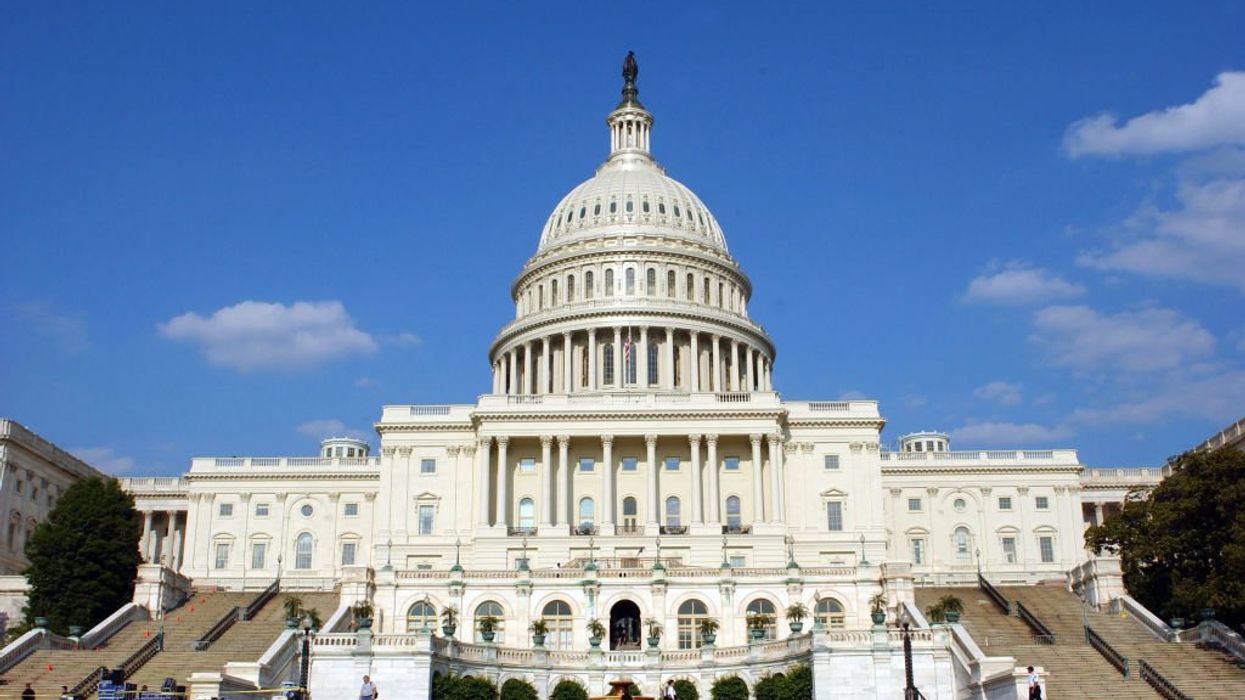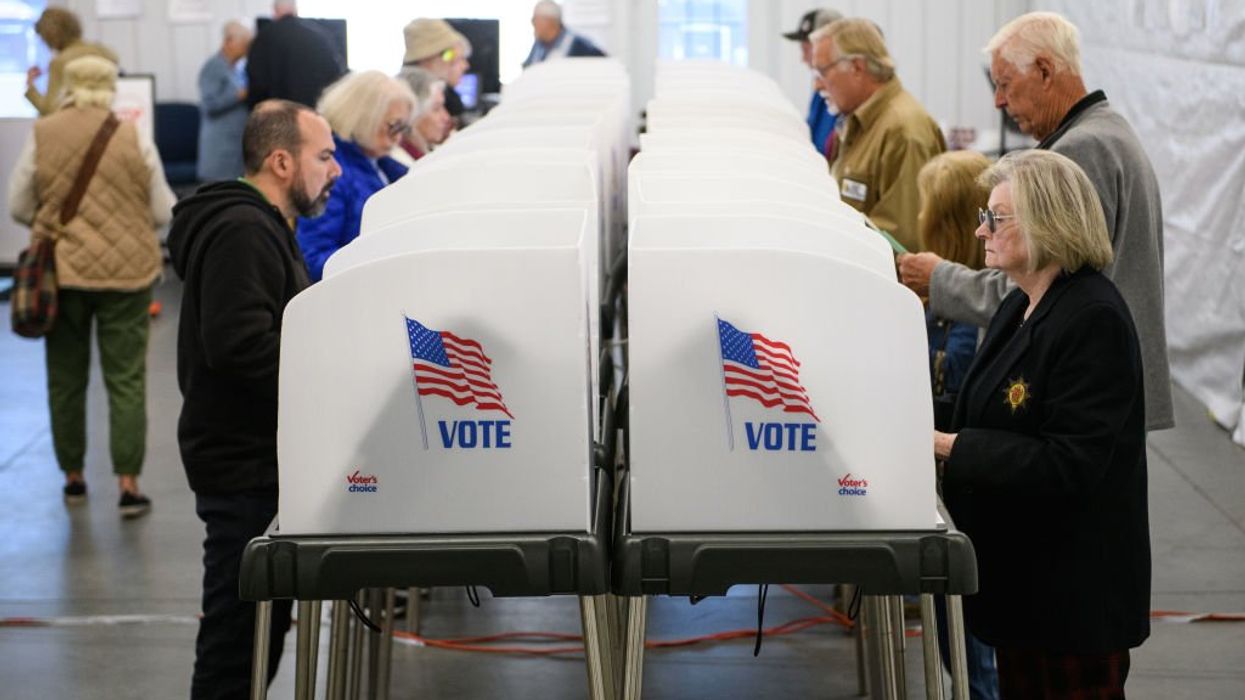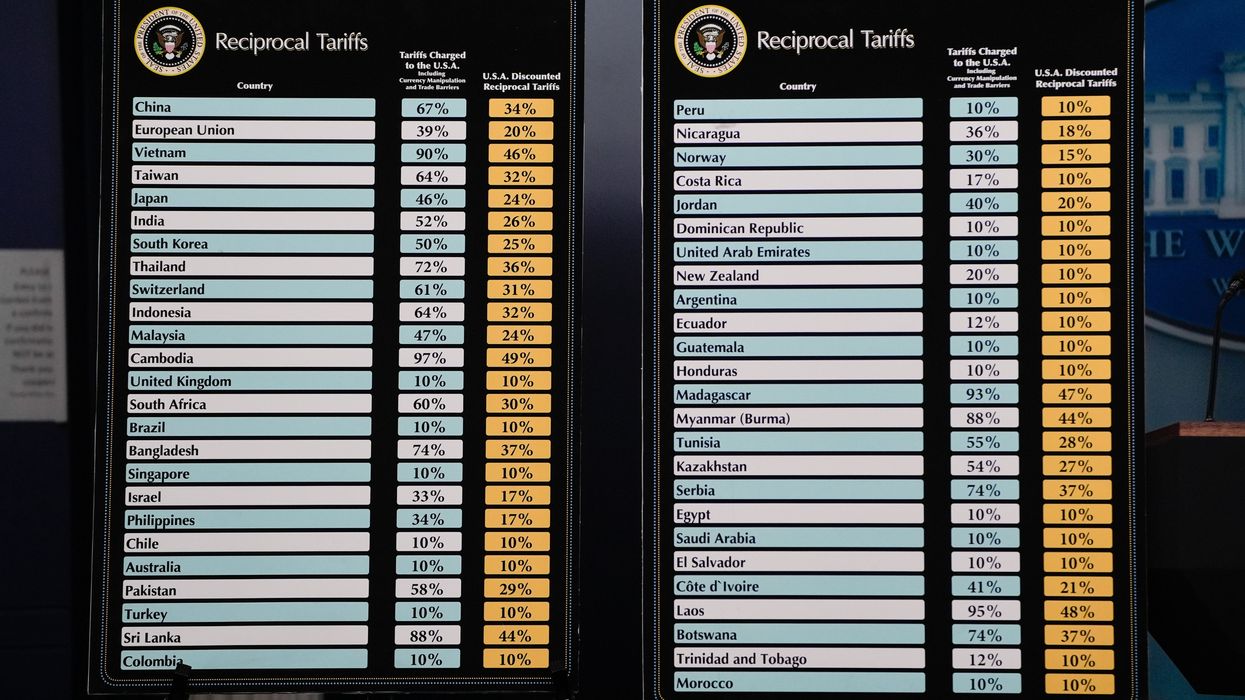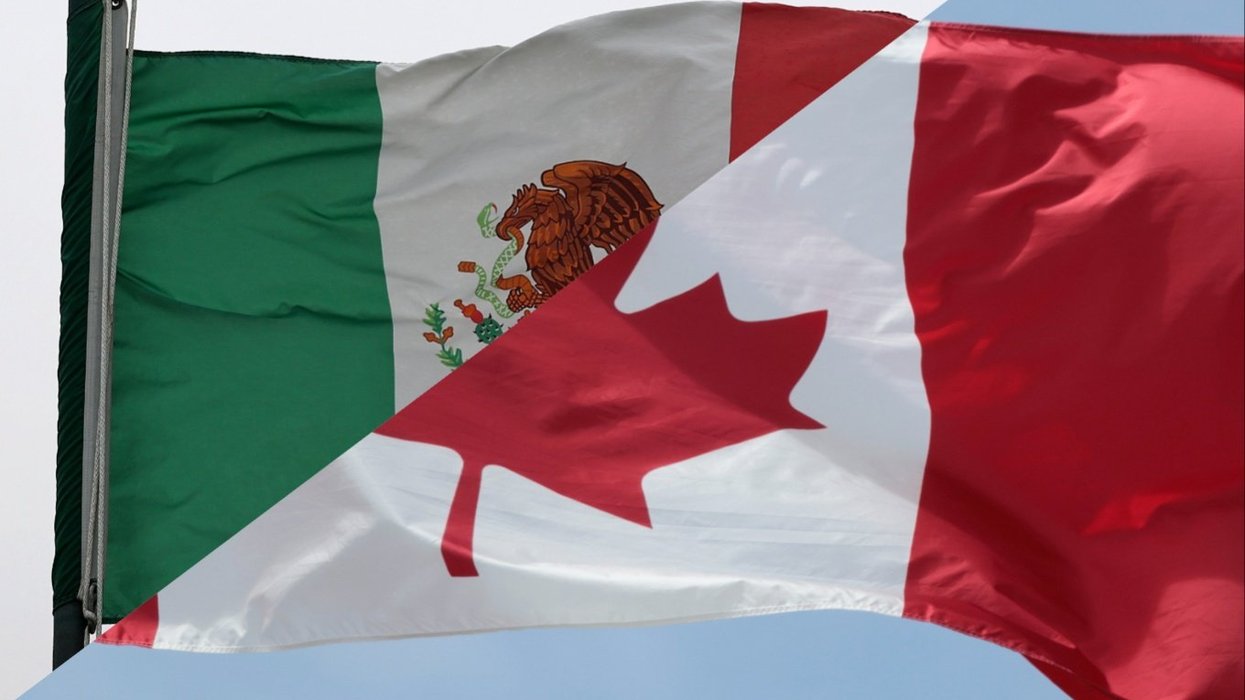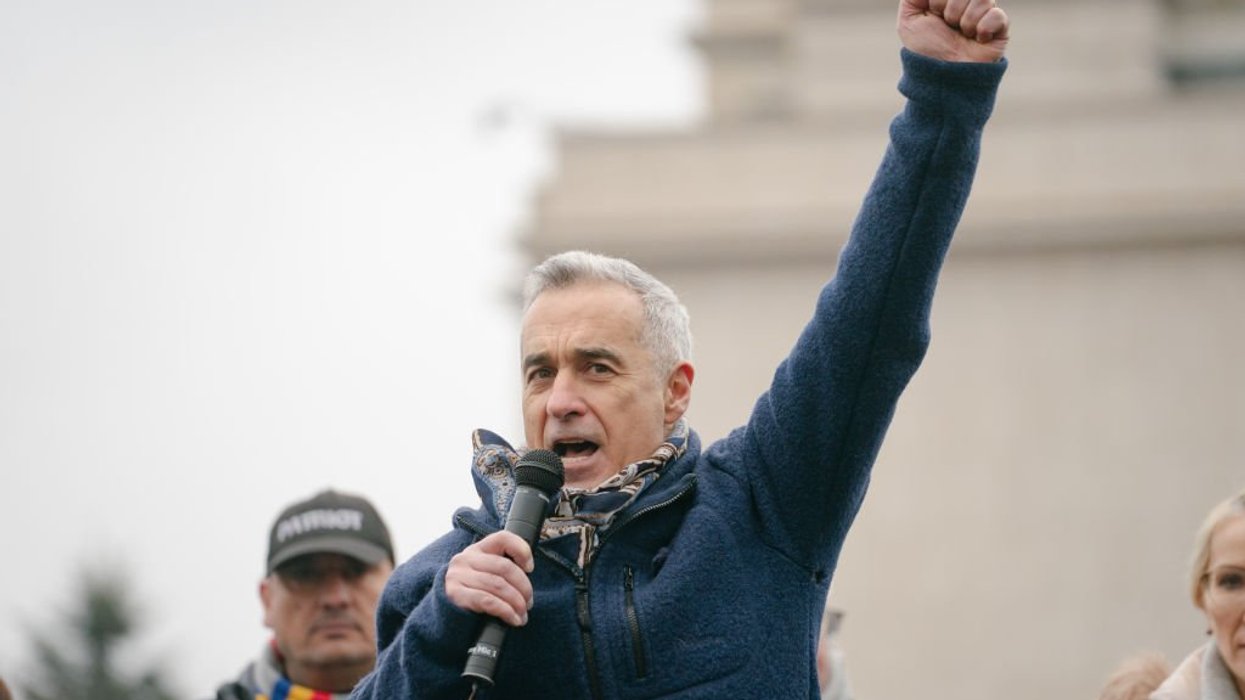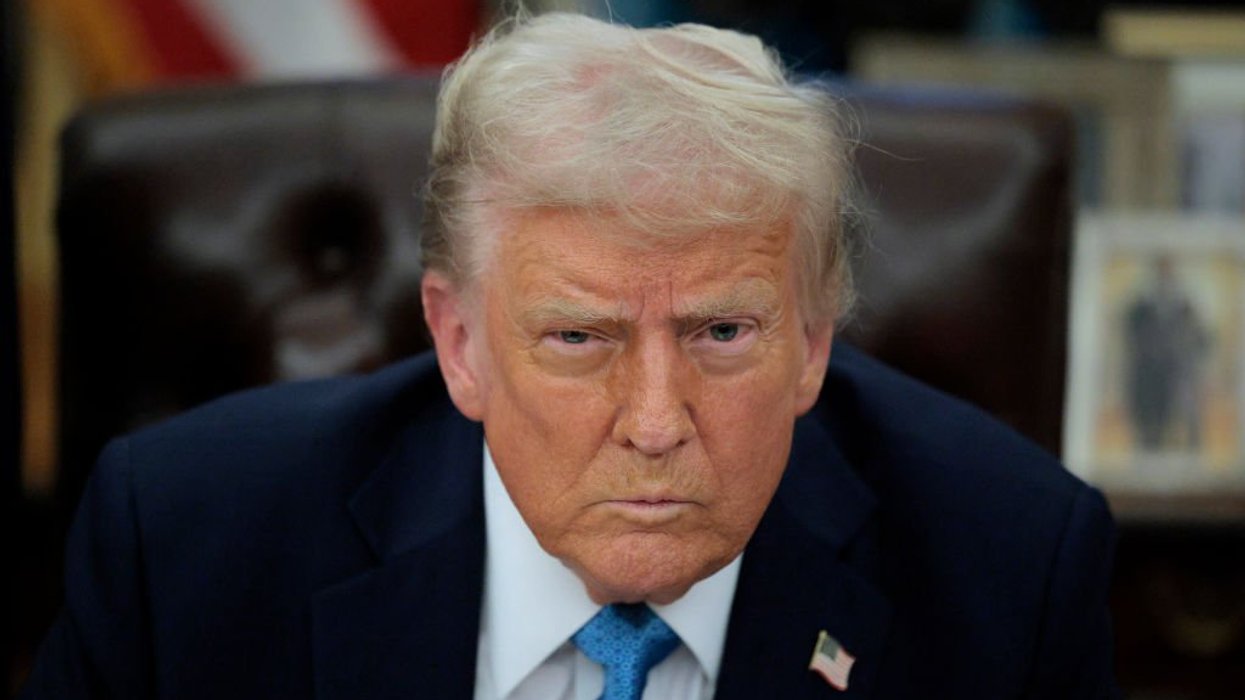Americans are getting crushed by healthcare costs. In 2018 alone, we spent $3.6 trillion on healthcare — that's more than $11,000 per American and nearly a fifth of the national Gross Domestic Product (GDP). It's on everyone's minds, which is why it has taken center stage in the Democratic party's primary. Of course, the solutions offered by the current crop of presidential candidates would do nothing to help alleviate that enormous spending. In fact, it would only add to it — what with Bernie Sanders' Medicare for All and Joe Biden's proposed ObamaCare expansion.
However, what also deserves attention in discussions about plans that increase the government's role in health care is how religious organizations would be affected. Faith-based hospitals and health care sharing ministries (HCSMs) play an important role in America, often serving as a critical provider and/or facilitator of payments for medical services in many states. If plans like Medicare for All were implemented, these groups would be at risk of going bankrupt or being severely curtailed due to the elimination of choice that comes with these proposals.
Instead of imposing a top-down and expensive health care system overhaul, faith-based providers and groups should be allowed to continue offering a variety of plans that work as high-quality, often cheaper alternatives. And more Americans should consider them.
Instead of imposing a top-down and expensive health care system overhaul, faith-based providers and groups should be allowed to continue offering a variety of plans that work as high-quality, often cheaper alternatives.
As mentioned, one such option is a health care sharing ministry. In this model, individuals contribute money into a pool managed by a religiously or ethically-affiliated organization, and costs for medical treatment are shared by people who adhere to that organization's belief system. Typically, applicants are required to sign a statement of faith in order to be accepted. It's basically like a subscription service: consumers pay a set amount of money into the ministry every month. Then, when they have a medical need or incident, they submit a claim to the ministry. Members whose claims are approved are reimbursed by the ministry from that pool of funds. Note, these ministries don't cover procedures they deem immoral.
Because providers are often getting paid in cash under this model — and typically within 90 days — patients are able to negotiate significant discounts, in some cases slicing procedures' costs to a fraction of the initial price. Insurance companies, by comparison, tend to not pay dollar for dollar on claims, and certainly not in cash. Additionally, insurance companies usually have onerous paperwork requirements, forcing doctors to spend half of their time on electronic health records and desk work. This increase in demand for administrative work is partly responsible for the United States leading the world in administrative costs in healthcare.
There are various types of HCSMs, each offering different benefits depending on what the individual needs — and a lot of savings on monthly plans. TakeChristian Healthcare Ministries, for example. It's resulted in enormous savings for its members. Whereas the average healthcare plan can cost about $400a month on the low end (with high deductibles), CHM plans can run between $78-172 a month for a single person. These kinds of plans are particularly great options for people who are relatively healthy and young, where the need for doctors and prescription drugs is less likely.
HCSMs have seen explosive growth in popularity recently. In 2014, there were only approximately 160,000 members. By 2018, membership ballooned to about 1 million HCSM members around the United States who have shared over $1 billion in medical expenses. But unfortunately, many people still feel locked into the traditional — and expensive — health care insurance model. HCSMs provide a way out, and, depending on their belief system, people should research them and see if there's one that best suit their needs. If more people deviate away from the traditional health care insurance market, insurance companies would be incentivized to adjust their pricing. That won't be possible, of course, if plans like Medicare for All are implemented.
Health care is one of life's biggest expenses, and voters are understandably desperate for a plan that cuts costs without compromising quality of care or access to it. Alternative options to health care insurance such as HCSMs are practical, free-market solutions that saves money. Americans should sift through these options before subscribing to plans that will only break the bank.

